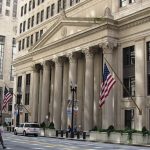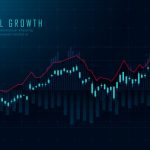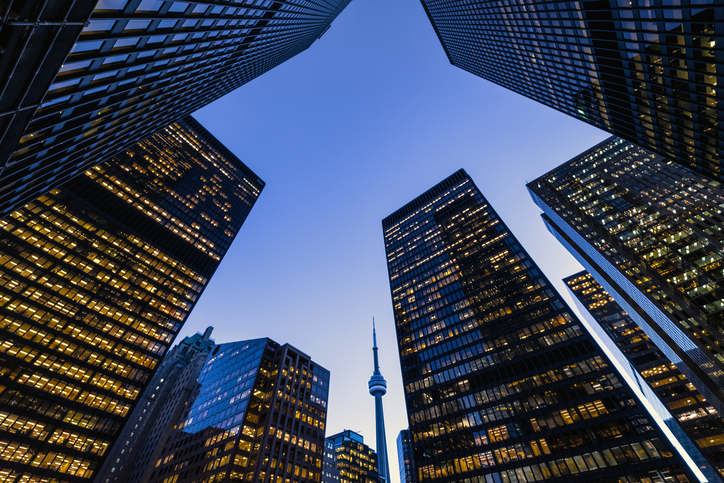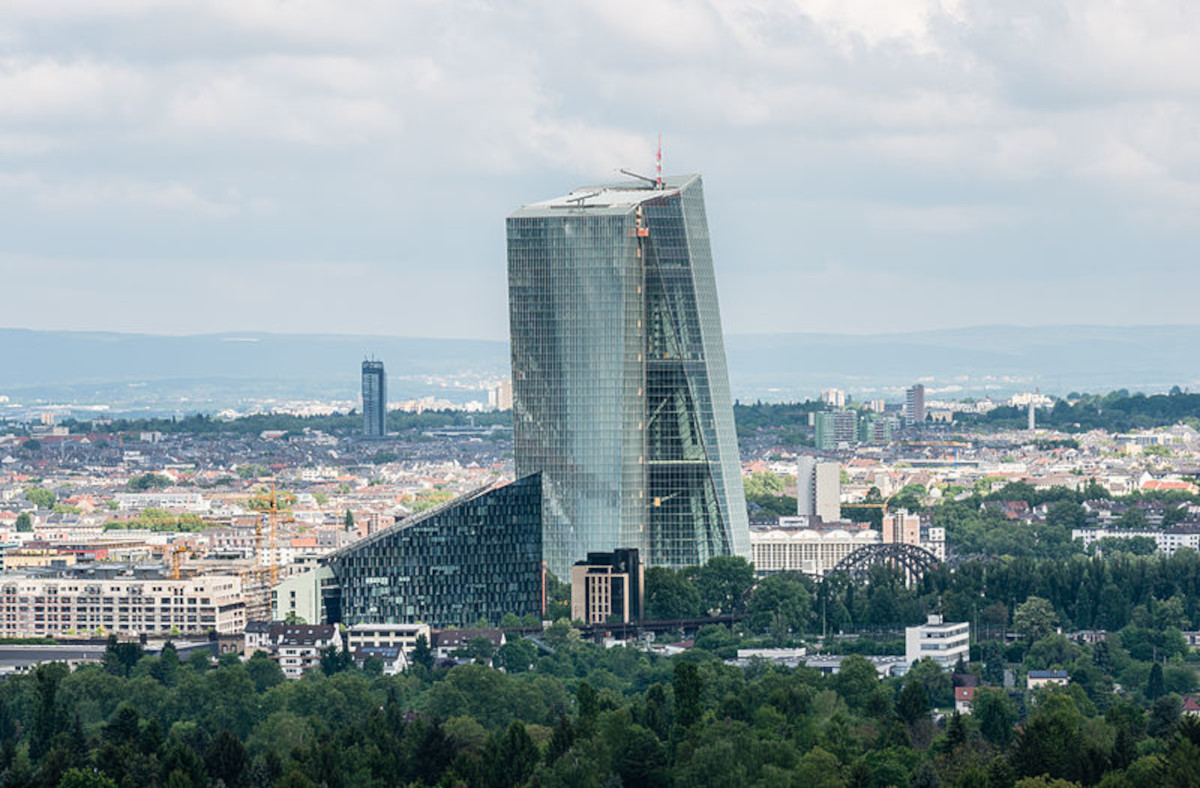The rising interest rate isn’t the only factor affecting the housing market. The Fed also points to inflation, Covid-19-related supply-chain disruptions, and aggressive home buying by investors.
Is the housing market experiencing a bubble? Here are some of the possible reasons.
Rising interest rates
While the housing market remains hot and buyers’ demand is still high, rising interest rates and a shortage of available inventory could start signaling a potential real estate market bubble. A growing number of homebuyers, particularly investors, are buying homes, and the number of transactions is higher than at any point since 2006. This rise in investment in the housing market may be a worrying sign, but as of yet, the housing market remains competitive. Prices have risen, yet homes are selling at a very fast pace.
Rising mortgage rates have not significantly affected home prices yet, but lack of supply is still adding to the price increases.
A recent report from the Federal Reserve Bank of Dallas reflects rising concerns about a real estate market bubble. Although rates have increased, home prices continued to climb and the median home price is still well above the 2008 housing bubble. Although prices are expected to slow, they might not fall. This is because rising interest rates will not be sufficient to overcome the throngs of buyers, and home prices will continue to rise.
Inflation
Inflation may be the most prominent cause of escalating real estate prices. The lack of inventory is one of the biggest factors driving up home values. The Fed also cites pandemic-related stimulus programs, Covid-19-related supply-chain disruptions, and aggressive home buying by investors. If the two reasons are related, there’s good chance that a real estate market bubble in the making.
Home prices are directly linked to overall inflation. The CPI measures prices of goods and services. Inflation affects the buying power of money by increasing the prices of goods and services. As prices rise, every dollar you earn loses its value. Ultimately, this has an effect on how much you can spend. Inflation and the housing market are both key factors of inflation, so these factors often go hand in hand.
While fast house-price appreciation is not always a sign of a housing bubble, it can be a sign of a bubble. Inflation and the housing market are two of the primary reasons for the housing market bubble. The first one fuels the other. When prices rise beyond normal levels, they become “unhinged” from the underlying fundamentals. A housing bubble can develop when prices are wildly out of sync with supply and demand.
Unemployment
Home prices have risen to unsustainable levels. The housing market is based on a combination of factors. While the labor force is growing, it is not fast enough to meet the demand. With the housing market experiencing a shortage, prices are rising even faster. The housing market has also seen an increase in foreclosures. These are factors that should alert you to an imminent housing bubble.
Low interest rates have fueled housing demand, especially in the most expensive cities. Mortgage rates are also low, and many speculators are waiting for an opportunity. The housing market has grown in popularity, but it cannot continue to expand without a healthy rental market. In the worst-case scenario, a housing shortage could last for four to six years. A lack of affordable housing would not affect renters, but it would discourage first-time homebuyers.
These factors may signal that the U.S. housing market has reached an inflection point, which is likely due to the underlying imbalance between the housing sector and the rest of the economy. The Federal Reserve may have realized the need to front-load interest rate hikes to slash inflationary pressures. The bond market has also reset expectations for interest rates. A 30-year mortgage rate has recently surpassed five percent, and average mortgage rates are up two percent from December 2020.
Real estate market bubble in China
The real estate market bubble in China is very specific to credit in relation to GDP but its effects could be detrimental to the west’s growing rates. While the high prices of Chinese housing can be justified by growing urbanization, disposable income, and cultural values, a real estate bubble could have dire consequences for the Chinese economy. Furthermore, a loose monetary policy and a limited number of investment opportunities for households may be driving the price rise. In this situation, macro-prudential policies may be needed to prevent a housing market collapse in the near future.
The rise of house prices in China has been largely driven by the booming economy and the large amounts of credit given to developers. Over the last decade, household mortgage loans in China have increased six-fold, while real estate developers have almost doubled their debt to $3.5 trillion. As a result, debt in the sector is projected to hit 50 percent of GDP in 2021, contributing to the rapid increase in total debt levels in China. This, in turn, will double the country’s total debt level to 290 percent of GDP by 2020.
Artificial intelligence and automation
If you’re in the real estate business, you’ve likely seen the rise of artificial intelligence. AI can estimate prices based on photos, sophisticated interior details, and other factors that affect a home’s price. But what if AI can predict prices with such precision? Is there a real estate bubble on the horizon? And how will AI help us protect ourselves? Let’s explore the issue.
As AI becomes more sophisticated, it’s likely that it will reduce or eliminate most of the risks associated with real estate investments. It will be able to assess the properties, predict investment returns, and even predict loan defaults. Ultimately, it will be able to help you make the best decisions based on data and trends that are relevant to your property’s current market value. Then, you can use AI to make better decisions based on that information.
On the other hand, with AI and automation increased implementation and adoption, it’s expected that the labor structure needs adapting. That might mean temporary to permanent unemployment, which may affect the rental housing market and trickle down to real estate investors loosing rate of return over time.
Quantitative easing
As we enter a phase of potential housing bubble, the Federal Reserve may use several levels of a tapering program to gradually remove liquidity from the real estate market. While this program can be a great success, it can’t be used indefinitely, and it will only be effective for so long. The Fed has a thumb on the housing market and the upcoming tapering of its programs may be a huge blow to the real estate market.
The Fed has created a housing bubble by buying mortgage-backed securities (MBS), which allows lenders to take mortgages off their books and make new ones. Quantitative easing is a policy that creates artificial demand for Treasuries and therefore facilitates more federal government borrowing and spending. It also fuels the housing market and keeps mortgage rates low. The Fed has made over $4 trillion in mortgage-backed securities, and these are just the beginning.
Stagflation
Experts are predicting that the housing market is headed for a bubble. This is because mortgage debt is at historic lows and the market is so hot that buyers are bidding wars for homes. Home prices are rising so rapidly that they’re now above the affordability level for first-time buyers. However, the market is not balanced by the supply and demand laws and some economists warn that the housing bubble may be in the process of popping.
Investors have been aggressively bidding up home prices. Reasons may point to shifting disposable income, rising labor and raw construction materials costs, and other factors that can fuel home price appreciation. Fear of missing out on a good opportunity may also play a role. If investors and home buyers are bidding up prices, it is possible that prices will continue to rise, but the market will eventually stabilize.
Is this time different from 2008?
Experts do not see an ongoing housing bubble. Rising interest rates and inflation could depress the value of cash savings. Those who say there is a bubble are not alone. Both Solita Marcelli, chief investment officer of UBS Global Wealth Management in the Americas, and Jonathan Woloshin, chief equity strategist at UBS Financial Services, say comparisons to the mid-2000s housing market are misguided.
The last housing bubble was powered by speculation. Homebuyers were attracted by the potential for huge capital gains. This depressed the fundamental force that drove home prices. Now, most families are buying homes for their own use, not for trade. As such, investors are no longer driving prices up, and rents are rising. Unlike in the past, owners are not taking out risky loans. In addition, many of them enjoy large equity cushions.
As a result of the experience of the last housing bubble, advanced tools are now available to detect and predict housing bubbles. These tools can deploy warning indicators and help market participants react quickly to a housing boom. They are also better equipped to deal with a housing correction if one occurs.
Nevertheless, a real estate market correction is expected at some point in the future. What no one is really sure about is its severity.








